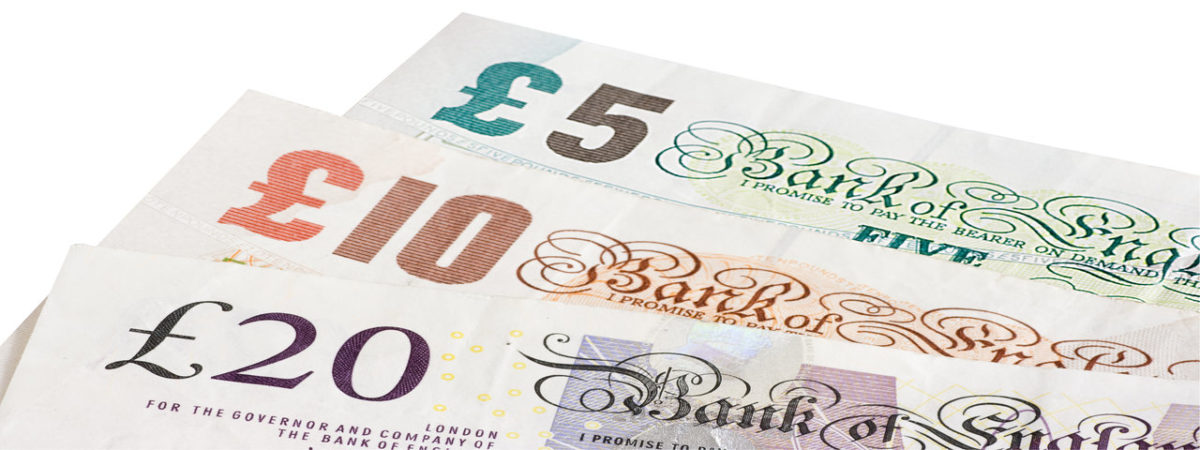Tax-related red tape costs British business £20 billion a year
SUGGESTED

UK loses top-ten ranking in respected global index

Large budget deficits crowding out private sector

Compliance costs highest for small enterprises
This shocking figure, which includes both compliance and administration costs, reflects the fact, revealed in this study, that Britain has the longest tax code in the developed world. The UK tax code runs to 8,300 pages of primary legislation, compared with 1,700 in Germany and 1,300 in France.
The report also reveals that the average Finance Act in the 2000s has been three times as long as the average Finance Act in the 1980s – a damning indictment of New Labour’s record on red tape. Indeed, the UK is one of only 3 out of the 43 most advanced economies where the costs of tax collection are not falling.
The impact on small businesses is particularly devastating. The costs of tax collection bear approximately sixteen times more heavily on the smallest businesses than on the largest. This acts as an impediment to competition and to the expansion of employment among small firms.
The authors** argue that costs could be reduced by up to a third if there were radical reform of the tax system. For example:
– definitions and procedures should be consistent across all taxes
– taxable and accounting profits should be aligned
– special tax reliefs on company investment should be abolished
– investment returns that are disguised as capital gains should be taxed in the same way that income is taxed
– taxes generating minimal revenue with high compliance costs (e.g. inheritance tax) should be scrapped
In a further radical proposal, the report argues for the abolition of the annual Finance Act to reduce the political pressure on Chancellors to complicate further the tax system with headline-grabbing measures in each Budget.
Mark Littlewood, Director General of the IEA commented:
“Often debate focuses on the overall level of taxation – but this report clearly shows that merely complying with tax laws is an enormous burden on British business. Not only do we need to slash tax, we need to simplify it to allow enterprise to thrive.”
Prof. Philip Booth, Editorial and Programme Director at the IEA remarked:
“The authors believe that the cost of tax-related red tape to businesses could be reduced by about £5bn. This may not sound a lot but the burden of tax compliance on small businesses is disproportionately large. This burden remains hidden from public view but the costs are very real.”
*Taxation and Red Tape: The Cost to British Business of Complying with the UK Tax System, by Francis Chittenden, Hilary Foster and Brian Sloan, Research Monograph 64, Institute of Economic Affairs, £12.50.
** Francis Chittenden is ACCA Professor of Small Business Finance at Manchester Business School. Hilary Foster and Dr Brian Sloan are Visiting Researchers at Manchester Business School.



